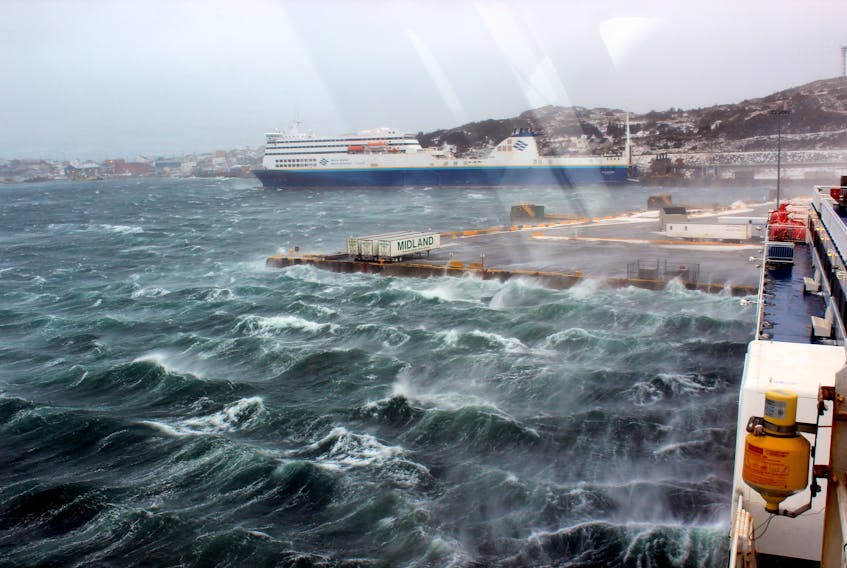Just another day on planet Earth, and time for the regular record-setting weather checkup.
It’s officially spring now, and most are glad of that. Different parts of the Atlantic provinces have dealt with every sort of winter offering, from heavy snow to deep cold to repeated high winds and sudden melt.
We might be ready for a break, but, honestly, we’ve been the lucky ones.
A weakened jet stream allowed staggering polar vortex cold to sink well down into the United States several times this winter, and if you moved to places like Ottawa for better weather, well, we hope you took your shovel.
But what about more recently?
It hit 21.6 C in one part of the Northwest Territories Wednesday, the hottest day ever for the month of March since records started being kept. It’s something that hasn’t really appeared on a national news cycle that is (legitimately) consumed by deadly mosque attacks in New Zealand, the SNC-Lavalin scandal and Tuesday's federal budget.
And the toasty North is not the only weather that has been shouldered out of the news.
Further afield, a massive cyclone hit Mozambique, killing an estimated 1,000 people (early numbers at this point) and leaving 400,000 homeless in a swath of destruction that saw some areas lose more than 90 per cent of homes.
In the midwestern United States, the problem is water.
Fall rains left soil saturated in Nebraska, and the polar vortex winter freeze kept that water in place. Then came the melt.
Now, there’s record-breaking flooding in Nebraska, South Dakota and Wisconsin, so much so that the spring planting season for corn crops is at risk. Farmers have already suffered more than $1 billion in damages at corn and livestock operations. Ninety-three counties in Nebraska have been declared disaster areas, with the state’s governor, Pete Ricketts, describing the flooding as the most devastating in the state’s history.
While there’s often spring flooding, climate change is creating more intense rainfall earlier in the season, with warmer temperature combining to melt snowpack. The Missouri River, at one point, broke previous flood records by more than four feet. Dams and levees broke or failed, and the state’s sixth-largest city — Fremont — was cut off for a period. The water’s moving on to North Dakota and Minnesota, where residents have been told there is a 95 per cent probability of major flooding, potentially breaking all-time flood records.
Further afield, a massive cyclone hit Mozambique, killing an estimated 1,000 people (early numbers at this point) and leaving 400,000 homeless in a swath of destruction that saw some areas lose more than 90 per cent of homes. The United Nations says 1.5 million people are affected; when all the numbers are in, tropical cyclone Idai is forecast to be the deadliest cyclone ever recorded in the Southern Hemisphere, in part because of its large storm surge and huge rainfall numbers. Both are tied to increased atmospheric moisture levels connected to climate change.
Everything’s a new record.
And there’s more to come.









